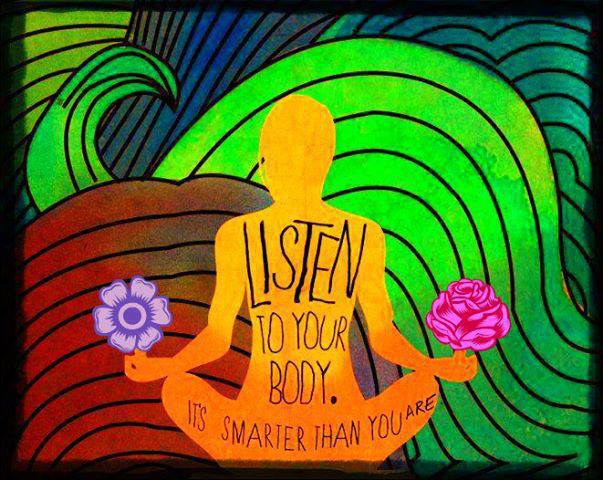When we practice focusing and get familiar with our felt-sense, we enter into a special relation with our body, since we experience a process of own bodily awareness that can lead to emotional restoration.
But what do focusing and felt-sense mean?
‘Focusing’ is a term currently used in humanistic psychotherapy to describe an experiential process of own bodily awareness that can lead to emotional restoration. It was developed by Eugene Gendlin in the 1950s as a result of his philosophical investigations of the meaning of ‘experiencing’ in conjunction with body-oriented research and practices as a psychotherapist. Focusing can be described as a holistic process that incorporates a multitude of psychosomatic features. Due to its relational essence, which aims to facilitate an emotional restorative dialogue with our multiple selves, this process naturally leads itself to a dynamic movement towards the uncovering of our ‘implicit knowing’. Over the years, Gendlin became increasingly aware of the ‘implicit’ as a way to gain a comprehensive insight into meaning and in the late 70s he formalised this concept as the ‘felt-sense’. The felt-sense is a vague and odd sense that can be explored within the unacquainted inner space of our body. It is a bodily-sensed edge emerging in a space between reason and emotion, which albeit being less identifiable and less intense than emotion, is, nevertheless, more reliable than reason. All these qualities can be represented metaphorically with that blurred internal knowing that we experience when we have forgotten something, but we cannot remember exactly what it is, yet we trust our ‘internal knowing’ that it will come eventually to our memory. A similar fuzzy body-sense can be perceived in the awakening of a dream, whose content is unclear, yet we can sense it is there, as we encounter the difficulty to describe it verbally.
SUGGESTED READINGS
- Gendlin, E. T. (1962). Experiencing and the creation of meaning. A philosophical and psychological approach to the subjective. Free Press of Glencoe.
- Gendlin, E. T. (1978). Focusing. New York, Toronto, London, Sydney, Auckland: Bantam.
- Gendlin, E. T. (1986). Let your body interpret your dream. Wilmette, Illinois: Chiron Publications
- Gendlin, E. T. (1996). Focusing-oriented psychotherapy. A manual of the experiential method. New York, London: The Guilford Press.



